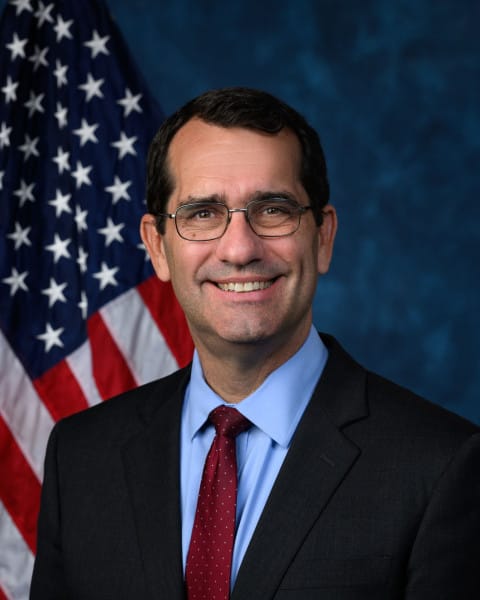Congress Passes Fentanyl Legislation Backed by Schmidt

WASHINGTON (AP) — Congress has passed legislation permanently classifying fentanyl-related substances as Schedule I drugs, a move Rep. Derek Schmidt says will give law enforcement better tools to combat the opioid crisis affecting Kansas communities.
The HALT Fentanyl Act, which passed both chambers of Congress, now heads to President Donald Trump, who is expected to sign it into law. The measure makes permanent a temporary scheduling order for fentanyl analogues that was set to expire without congressional action.
"As Kansas's top law enforcement official for more than a decade, I saw firsthand the devastation fentanyl wreaks on our communities," said Schmidt, who represents Kansas' 2nd Congressional District and previously served as the state's attorney general.
The legislation ensures that fentanyl-related substances remain classified alongside other Schedule I drugs, preventing them from becoming street-legal and maintaining law enforcement's authority to seize the substances.
Federal statistics show synthetic opioids like fentanyl account for nearly 70% of overdose deaths. The drug, which can be deadly in small doses and is up to 50 times stronger than heroin, has become the leading cause of death for Americans under 50.
Schmidt also commented Thursday on a Supreme Court decision limiting federal district judges' ability to issue nationwide injunctions. The court ruled 6-3 that such broad injunctions "likely exceed the equitable authority that Congress has granted to federal courts."
The Kansas congressman, who cosponsored the No Rogue Rulings Act aimed at further restricting nationwide injunctions, said the court's decision supports congressional efforts to limit judicial overreach. That legislation passed the House earlier this year but awaits Senate action.
Schmidt's amendment to the bill would allow nationwide injunctions only when brought by attorneys general from multiple states in different federal circuits, with cases heard by randomly assigned three-judge panels.
The Drug Enforcement Administration first issued a temporary scheduling order for fentanyl-related substances in 2018, which Congress has extended multiple times to prevent the substances from becoming legal.
This article follows Associated Press style guidelines for congressional and legal reporting.
SUBSCRIBE ONLINE TO GET THE HUTCHINSON CITIZEN JOURNAL IN YOUR INBOX - FREE!
Sponsors (click me!)


